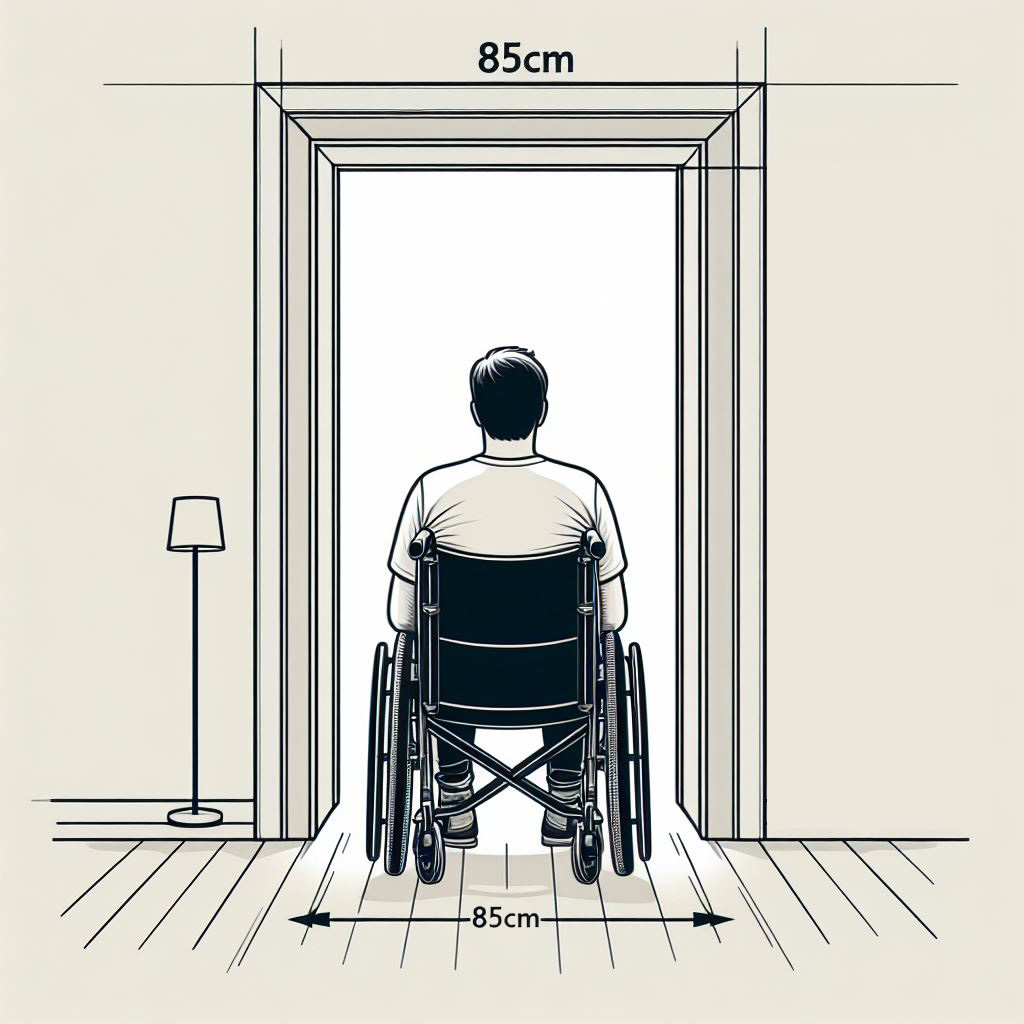37 Tips for Accessibility for Guest Speakers
It is important to remember that you are responsible for ensuring accessibility for both your guest speaker and your students for any invited presentations or talks that take place in your course. Being open and flexible with your guest speaker from the start is an excellent way to ensure accessibility for their presentation.
Preparation in Advance

Assess Their Needs
The first step to achieving accessibility for your guest speaker is to check in with them about their needs. Ensuring the session is accessible for them is just as important as it is for your audience.
Questions to Ask:
- What can you do to support their presentation?
- What do they need to successfully deliver a presentation?
Wheelchair Accessibility
In addition to understanding their presentation needs, it’s crucial to ensure that the venue is wheelchair accessible. Here are some steps to follow:
- Ensure that the venue is wheelchair accessible and has ramps, elevators, and wide doorways. The doorways should be at least 85cm wide to ensure that the wheelchair can fit.

- Provide accessible parking spaces and accessible restrooms.
- Train staff on how to assist guests with mobility impairments and make sure they are available to provide assistance during the event.
By taking these steps, you can ensure that your event is accessible to all, including your guest speakers and attendees with mobility impairments. Remember, accessibility is not just about physical spaces but also about making sure everyone feels included and can participate fully.
Sign Language Interpretation

In addition to ensuring physical accessibility, it’s important to consider the needs of deaf or hard-of-hearing guest speakers. An interpreter would facilitate a smooth communication process, enabling attendees to pose questions to the guest speakers effectively. Here are some steps to ensure effective sign language interpretation:
- Find a qualified sign language interpreter to provide interpretation during the speaker’s presentation. Ontario Association of Sign Language Interpreters is a non-profit association of professional visual language interpreters across Ontario. Their members work alongside deaf individuals and organizations to improve the quality of interpretation services through promoting the use of professional interpreting services. They also provide a list of active CASLI members that can be contacted and invited to help with sign-language interpretation. The list can be found here: https://www.casli.ca/directory
- Provide the interpreter with materials and information about the presentation beforehand to ensure accurate interpretation.
Gather Presentation Details
Determining the content, length, and format of the presentation will help you better prepare for accessibility.
Questions to Ask:
- What material will your speaker cover?
- Will questions be encouraged?
- Is there an expectation for audience participation?
- Will there be breaks if it is a long presentation?
Finalize
Review the speaker’s plan for their presentation from an accessible perspective and remind them about your commitment to accessibility. Once you finalize the outline and plan for the presentation, share it with your students to clarify expectations.
Materials and Technology

Get Materials in Advance
Ask your guest speaker to share materials in advance whenever possible.
By doing so you can:
- Ensure their slides are accessible and make any helpful suggestions before their presentation.
- Share materials with students before the presentation.
If your presenter is using visual materials (slides, charts, etc.), make sure they are prepared to verbally describe them. You may also ask your presenter to define terms and any potential jargon that may be used. Encourage them to use plain language as much as possible.
Confirm Technology
Confirm with your presenter what technology they will be using for their presentation and ensure it is accessible. Being proactive with this information will allow you to make any necessary adjustments and changes to ensure accessibility.
Questions to Ask:
- Are they showing captioned videos?
- Are interactive games accessible on a screen reader?
Guest Speakers in an Online Class
If your class is online and you’re hosting a guest speaker you’ll want to confirm that the speaker is comfortable with the virtual meeting platform you’re using. If not, you may offer to arrange a test session if necessary.
Review and outline the built-in accessibility features of the platform so your speaker is aware of them (e.g., auto-captioning, etc.).
Have a plan in place in case challenges emerge with technology during the presentation.
Being prepared for any potential technical issues that arise will allow you to ensure changes or adaptations are still maintaining accessibility.
Key Takeaways
References
Some parts of this article were remixed from the article Ensuring Accessibility for Guest Speakers and Presentations by Niagara College licensed under CC BY 4.0 International.

